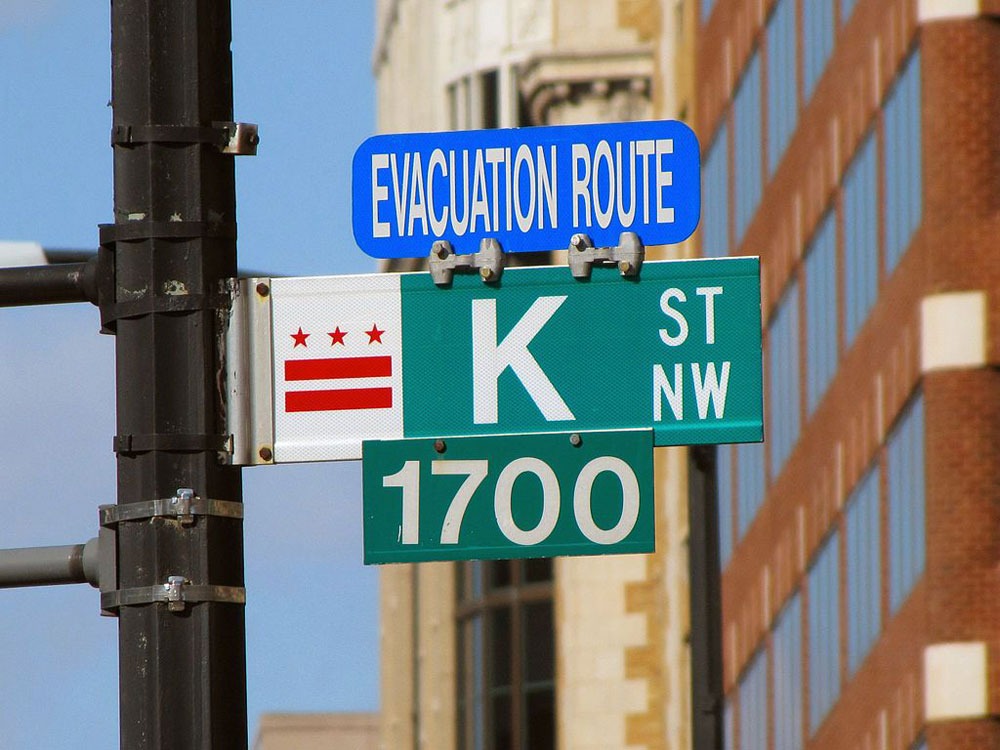
May 17, 2020; ABC News, MSN.com, and CNN
Though the word “lobbying” often brings to mind sleazy activities and underhanded deals to curry favor, most nonprofit leaders spend some of their time lobbying. They may call themselves “advocates”—a much more amenable title—but they’re really lobbyists, seeking to sway political leaders toward their positions on legislation. Lobbying occurs at all levels—national, state and local—and the onset of the novel coronavirus has disrupted how it works and made an impact on just who has influence.
At the first signs of the virus’s encroachment, DC-based lobbyists sensed the government would need to respond. They sought to position their clients in industries like healthcare, insurance, and business interests—including travel, hotels, banking and food services—to gain access to supports and funding from the federal response.
The Center for Responsive Politics, which tracks lobbying activity in DC, looked at the first quarter and saw an increase in lobbying efforts by specific groups:
The early numbers show that an array of individual companies stepped up their lobbying spending as the coronavirus outbreak swept through the country—ranging from social media giant Facebook to individual drug companies, federal records show. The tally also underscores the growing influence of a lobbying firm with close ties to the president.
While this was happening at the federal level, at the state level, advocates had been moving forward on gun regulation, marijuana legalization, juvenile justice reform, voting rights, jail and bail reform, and more. Suddenly, all of this work ground to a halt. As of last week, according to the National Conference of State Legislatures, 14 states have postponed their legislative sessions because of the pandemic, 23 have adjourned their sessions for weeks, and 15 states haven’t approved state budgets. This means that the traditional face-to-face meetings with state legislators or quick encounters in the statehouse hallway are no longer viable for local constituent advocate/lobbyists.
Some new forms of creative lobbying are bound to appear, but in the nation’s capital, major firms continue as they have been, especially those with ties to members of the White House and Congress. The Center for Responsive Politics points out that this surge in lobbying “relates to every industry and company in the country fighting for their lives and Washington turning on the spigot with almost unlimited money. Everyone is getting in on this lobbying boom.”
Sign up for our free newsletters
Subscribe to NPQ's newsletters to have our top stories delivered directly to your inbox.
By signing up, you agree to our privacy policy and terms of use, and to receive messages from NPQ and our partners.
Some special points of interest—and possible concern for where coronavirus funds are spent following these lobbying efforts—include pharmaceutical companies. Gilead Sciences, a company that has worked on the development of antiviral drugs as potential COVID-19 treatments, spent $2.45 million on federal lobbying in the first quarter of the year. Another area is specialized lobbying firms with direct ties to the White House. Ballard Partners, a Florida-based firm, spent $5.2 million in lobbying in the first quarter with a number of new coronavirus-related clients. This was its largest expenditure since it opened in DC, at the beginning of the Trump administration. Facebook came in seventh in terms of money spent on federal lobbying, with $5.26 million spent between January and March 2020. Facebook has developed new tools to respond to COVID-19, though it has also faced scrutiny over how it handles misinformation about the virus put up on its site.
Those with clout in the capital don’t seem to have had their access diminished. For those smaller advocates in states and local communities, the ones who operate without big budgets, it’s a different story. As their state legislatures step back from normal schedules and operations and cease meeting before bills are finalized or budgets are voted on, nonprofits and other organizations that advocate on issues are left in the cold. As an example, though gun sales increased during the pandemic, gun regulation advocates found themselves without in-person talks, rallies and other actions.
“Everything is changed; your entire legislative plans have dramatically changed,” said Christian Heyne, the vice president of policy for the Brady Campaign to Prevent Gun Violence.
But those changes may be just what the doctor ordered if we get in there and help design new access points and power moves. Federal and state legislatures are adopting new ways of working during the pandemic, holding meetings electronically and instituting methods of remote participation and voting. Local constituents might find it easier to reach their leaders, who may be “in district” much more often. Nonprofits all over the country have stepped up to organize virtual town halls, to which they invite legislators and constituents to speak about their needs now and in the future, but we must push ourselves to new heights as the stakes become ever more clear.
That “in the future” is critically important, of course. While the threshold we are talking about today covers immediate measures needed to alleviate the effects of the pandemic, issues like racial disparities, workers’ rights, rent reform, and voter access will not go away once a vaccine becomes available. The windows we open now must prepare us for future action on more permanent policies that will let us build a new economy based on a different set of values. So, if there were ever a time to bring our redesign heads to the table to build a lobbying force that includes the voices of “essential” marginalized people, it is now.
It ought to be said that a good foundation has already been laid, with the National Council of Nonprofits and other national networks emphasizing policy advocacy and helping to build local infrastructure. Their intervention helped nonprofit issues be recognized in the CARES Act. But now we need to scale that capacity up, to use it for matters well beyond organizational survival or self-interest.—Carole Levine and Ruth McCambridge













